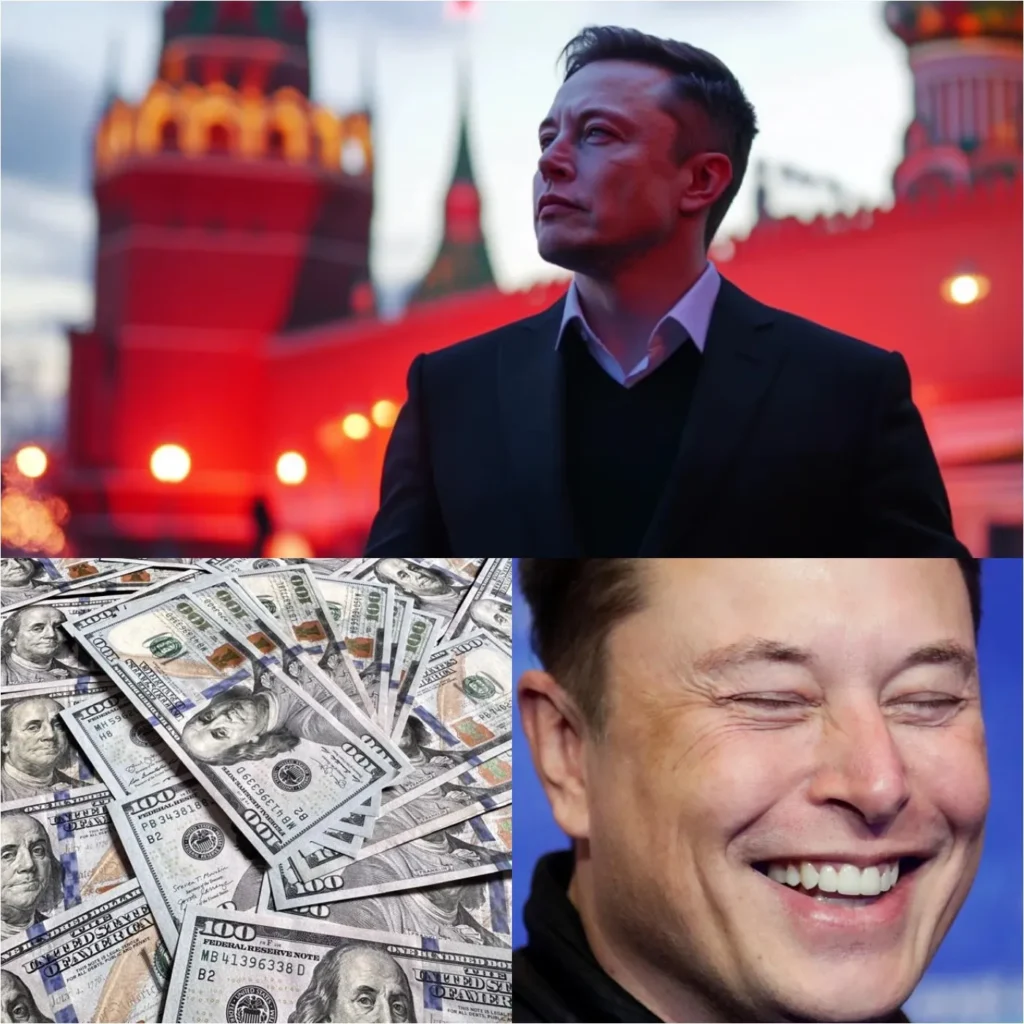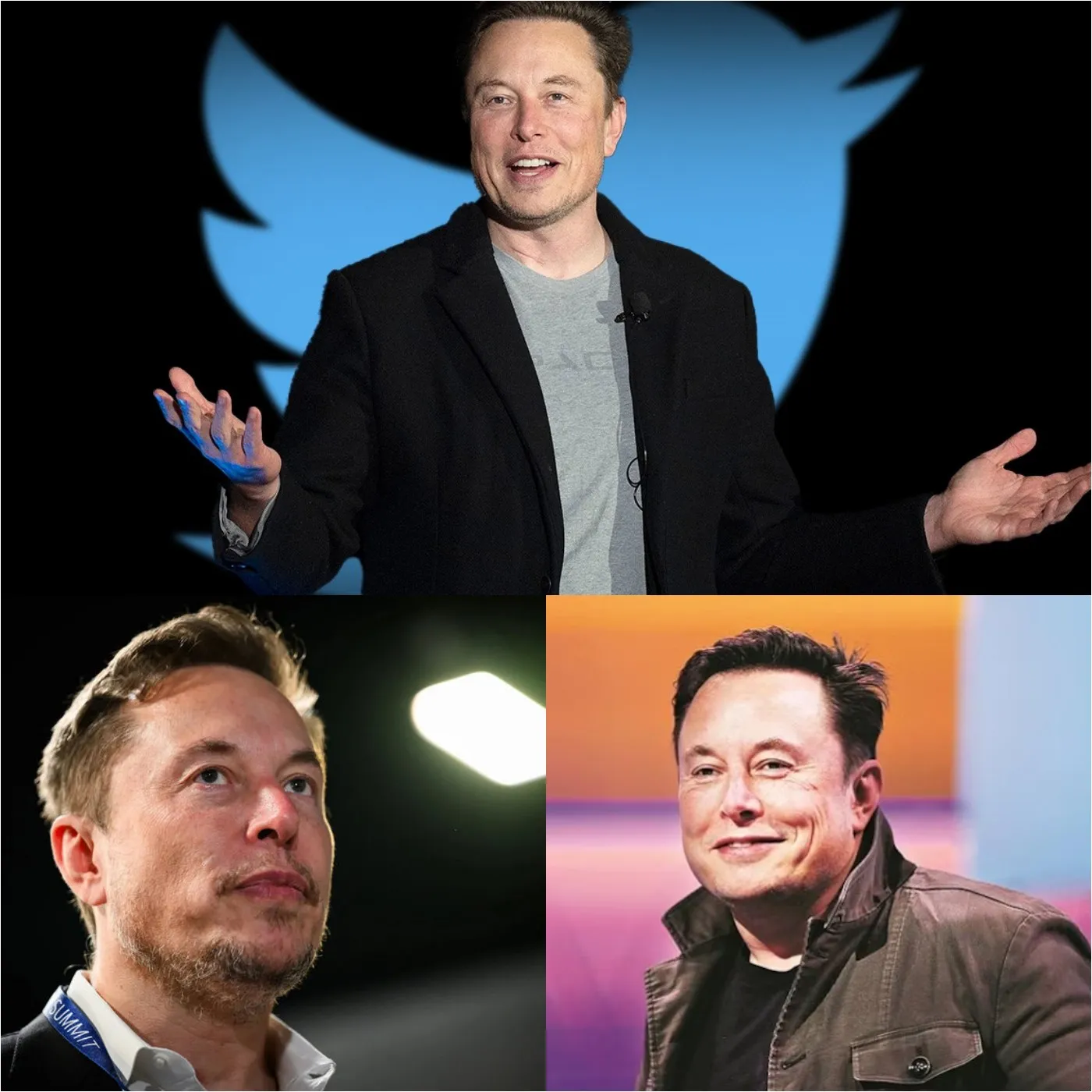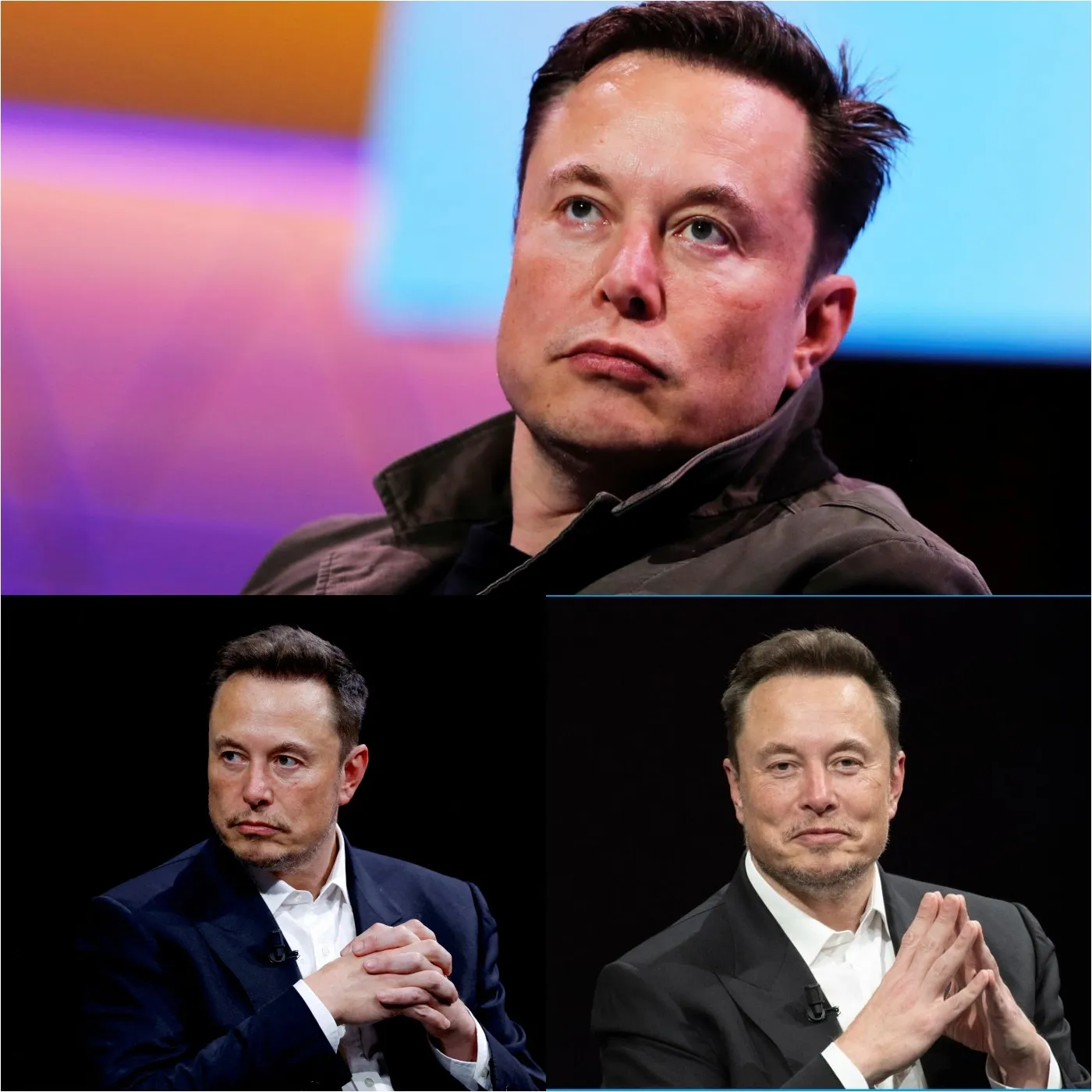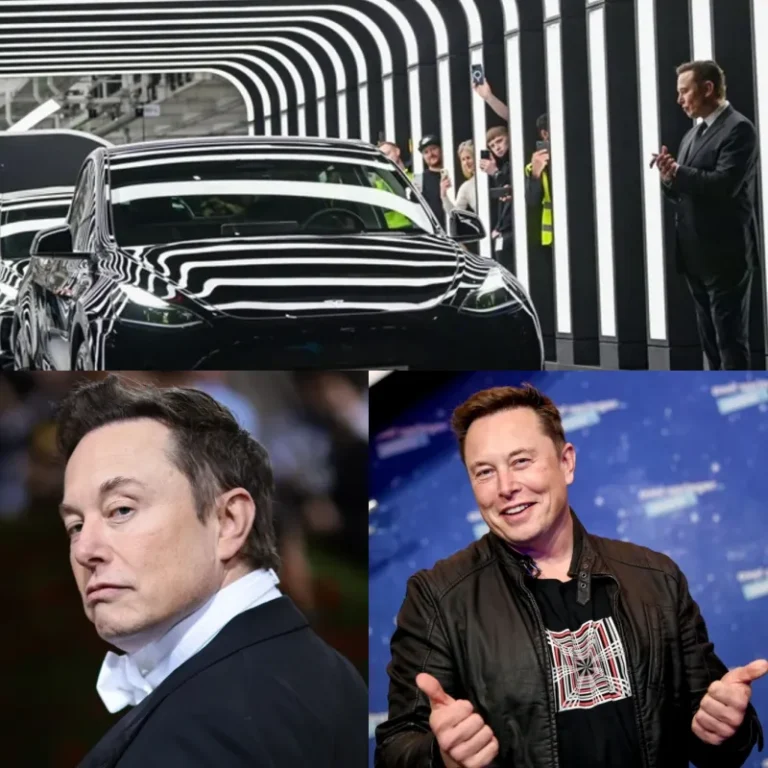
Before even assuming office, billionaire Elon Musk has unveiled his ambitious plans to reduce waste and streamline the government. Musk, alongside entrepreneur Vivek Ramaswamy, intends to focus on cutting regulations and restructuring the federal government to slash costs and improve efficiency. In a recent article published in The Wall Street Journal (WSJ), Musk outlined his strategy to eliminate excessive administrative overhead and enhance the nation’s democratic framework.

Musk and Ramaswamy’s Plan to Slash Regulations and Cut Costs
Musk and Ramaswamy announced that they will work as volunteers, not as formal federal employees. Their initiative, known as the Government Performance Advisory Board (DOGE), aims to cut hundreds of billions of dollars from the federal budget and address what Musk calls a “survival threat” to American democracy. This new advisory group will not be an official governmental department but will instead act as a guiding force to identify regulations for unilateral elimination.
The plan includes reducing federal regulations which, according to Musk and Ramaswamy, were often imposed without Congressional approval. By stripping back these regulations, they aim to reduce the administrative burden, cut government spending, and make federal agencies more efficient. The goal is to save over 500 billion USD from the national budget, with potential cuts affecting areas such as public broadcasting and international aid.
Challenges Ahead: Political and Legal Hurdles for DOGE
Although DOGE is designed to bring change to the federal system, it faces significant political and legal challenges. The initiative is likely to encounter resistance from lawmakers who may see it as too drastic. Moreover, legal obstacles may arise, especially with the conservative majority in the U.S. Supreme Court, which could either support or block elements of the plan.
Musk and Ramaswamy remain confident that the Supreme Court, with its 6-3 conservative majority, will favor their agenda. They also believe that with the support of voters and a majority of conservatives, DOGE has a historic opportunity to downsize the federal government significantly.
DOGE’s timeline is ambitious, with a target to complete its mission by July 4, 2026, which they have set as the project’s “deadline.” The success of this initiative could reshape the U.S. government, but it is likely to generate controversy and debate along the way.

Musk’s Influence and Potential Conflicts of Interest
Musk’s growing influence in government affairs has raised important questions. His business interests continue to rely on government relationships, including those abroad, and his new role raises concerns about transparency and accountability in political decisions. Despite the potential conflicts of interest, Musk’s involvement in shaping government policy could have a significant impact on future reforms.
Elon Musk’s anti-waste and government streamlining initiative, alongside Vivek Ramaswamy, presents a radical vision for the future of federal governance. While facing political resistance and legal challenges, Musk’s bold strategy could drastically change the structure and efficiency of the U.S. government. Whether DOGE’s mission will succeed remains to be seen, but its potential to reduce government spending and reshape the political landscape is undeniable.






